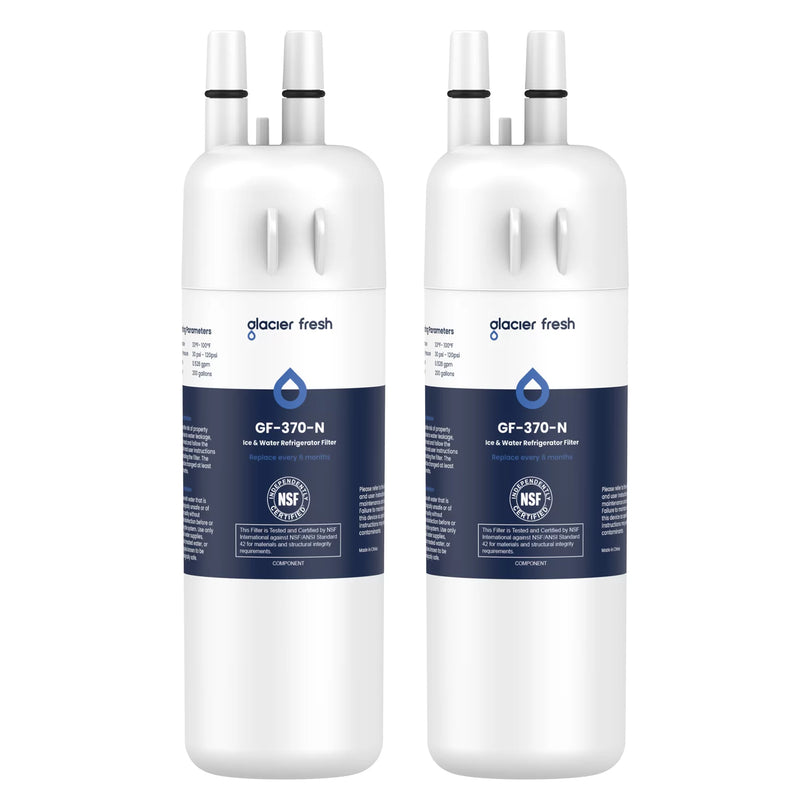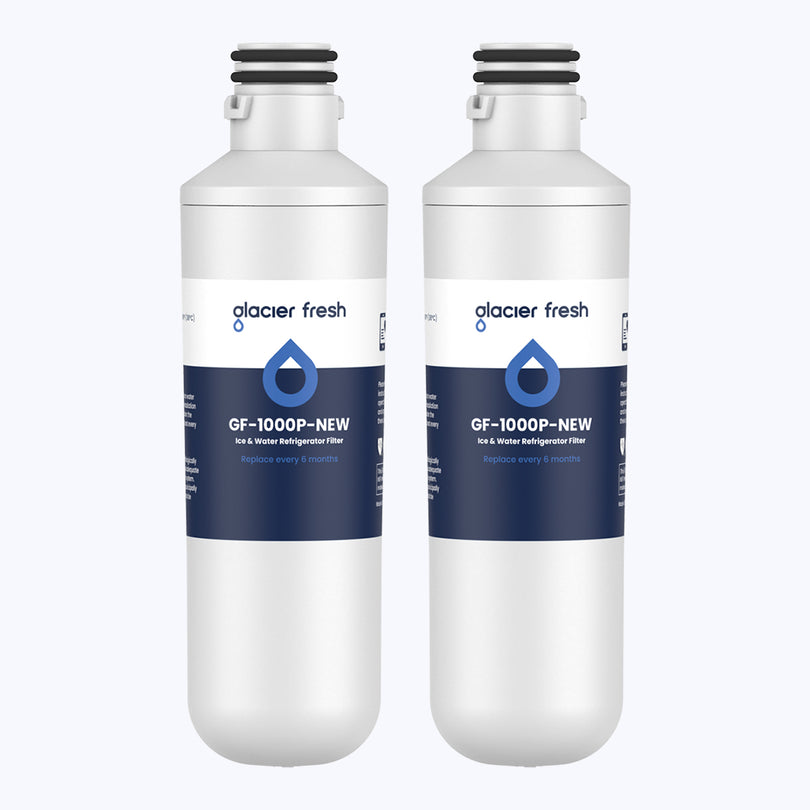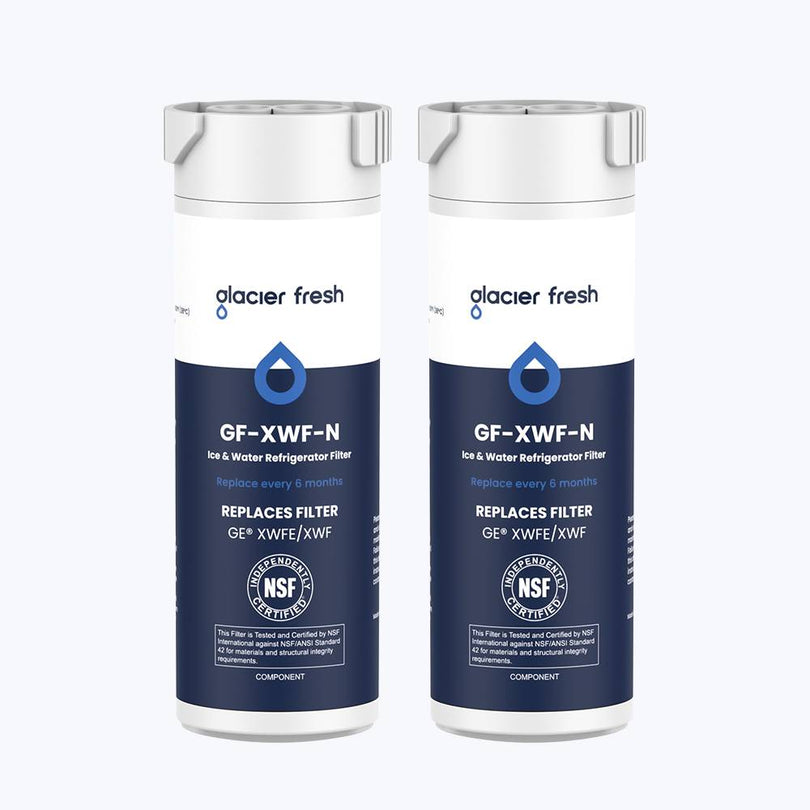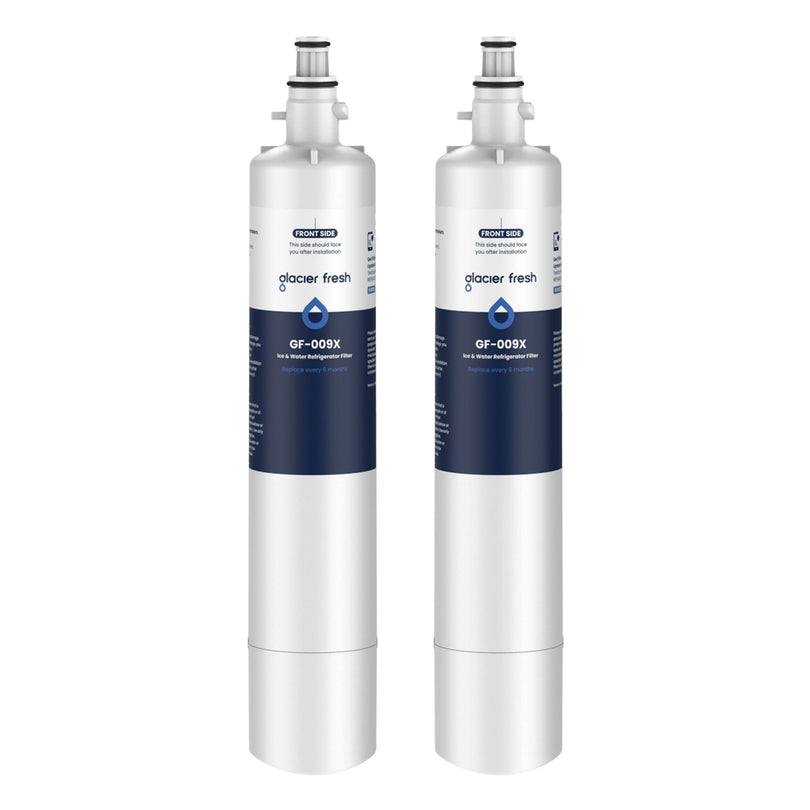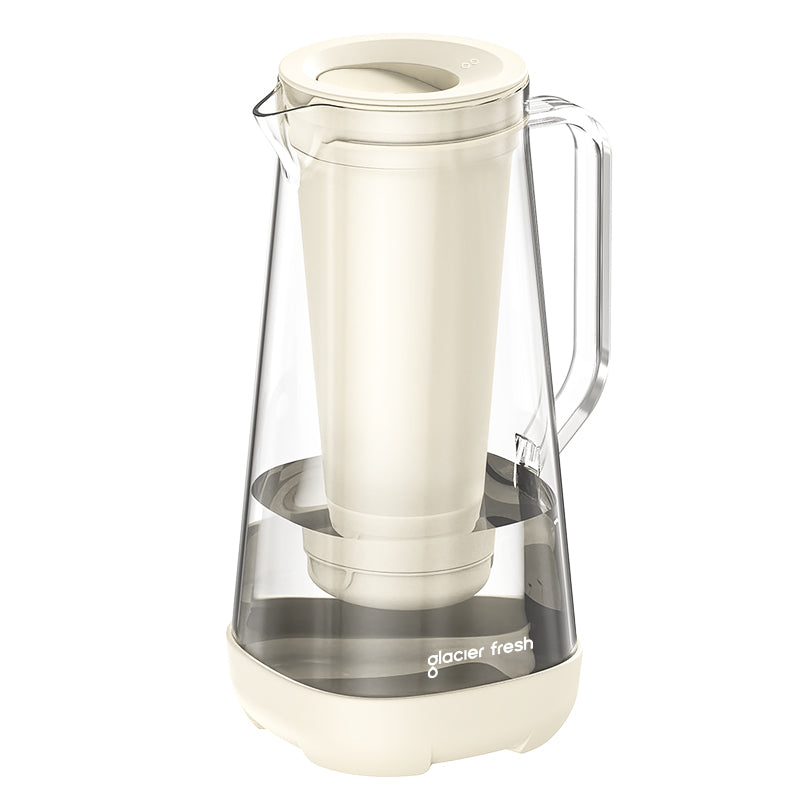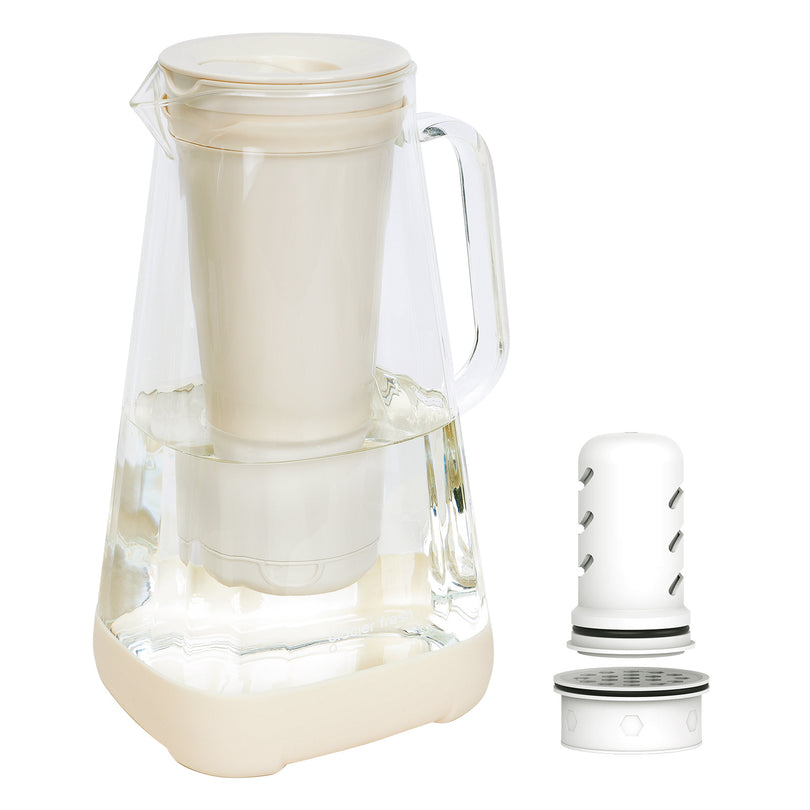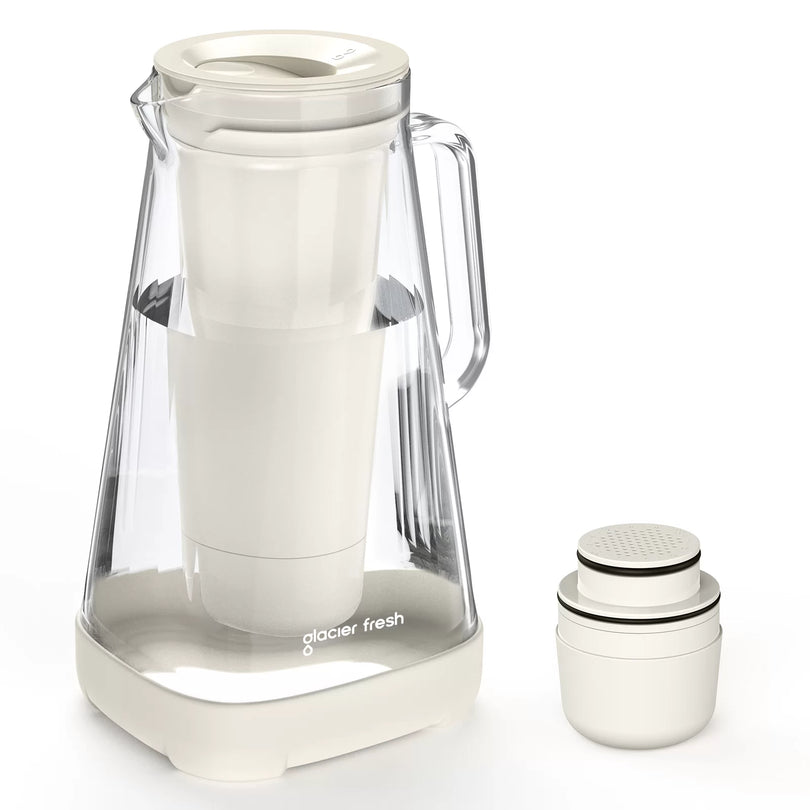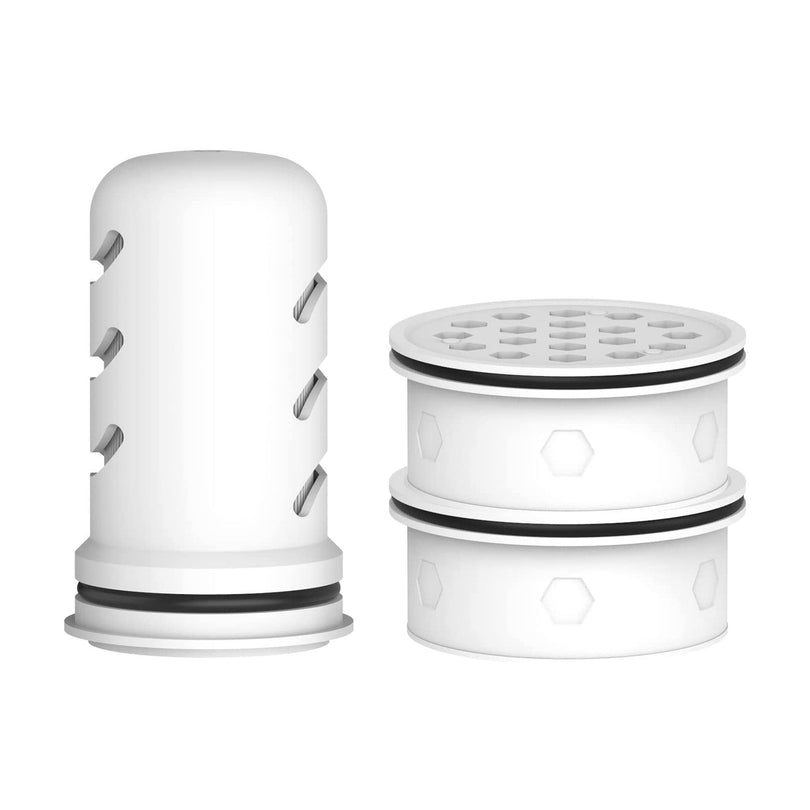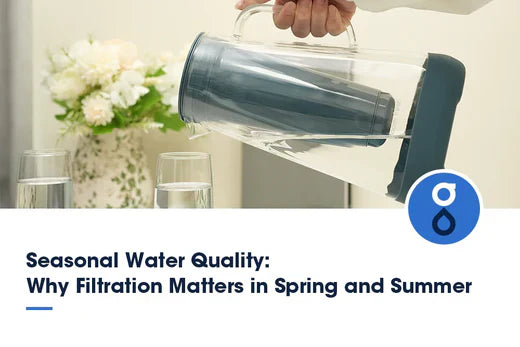Table of Contents:
Die Wissenschaft der Flüssigkeitszufuhr bei der Erholung nach dem Training
Warum gefiltertes Wasser wählen?
Einfluss von gefiltertem Wasser auf die Erholung nach dem Training
Wichtige Faktoren für die Flüssigkeitszufuhr nach dem Training über die Wasserqualität hinaus
Tipps zur Verwendung von gefiltertem Wasser in Ihrer Routine nach dem Training
Abschluss
Du hast gerade ein intensives Training hinter dir und dein Körper schreit nach Flüssigkeit. Du greifst nach einer Flasche Wasser, aber hast du schon einmal darüber nachgedacht, welches Wasser du zur Regeneration verwendest? Gibt es einen signifikanten Unterschied zwischen Leitungswasser und gefiltertem Wasser, wenn es darum geht, deinen Körper nach dem Training wieder aufzufüllen? Lass uns untersuchen, wie sich die Reinheit und der Mineralgehalt deines Wassers auf deinen Regenerationsprozess und deine allgemeine Fitnessleistung auswirken können. Ohne zu viel zu verraten: Die Ergebnisse könnten dich überraschen.
Die Wissenschaft der Flüssigkeitszufuhr bei der Erholung nach dem Training

Bei einem anstrengenden Training verliert Ihr Körper durch Schweiß Feuchtigkeit und wichtige Mineralien. Hier kommen Strategien zur Flüssigkeitszufuhr ins Spiel. Es geht nicht nur darum, Wasser zu trinken; es geht darum, den Elektrolythaushalt wieder aufzufüllen. und sorgt für eine optimale Flüssigkeitsaufnahme.
Auch der Zeitpunkt der Erholung ist wichtig. Sie können nach dem Training nicht einfach einen Liter Wasser trinken und erwarten, dass Sie wieder hydriert sind. Ihr Körper braucht Zeit, um Flüssigkeit aufzunehmen und den Elektrolythaushalt wiederherzustellen. Experten empfehlen, nach intensiven Trainingseinheiten über mehrere Stunden hinweg langsam Flüssigkeit zu sich zu nehmen.
Sie fragen sich vielleicht: „Wie viel sollte ich trinken?“ Hier kommt es auf die Flüssigkeitszufuhr an. Jeder Mensch ist anders, daher müssen Sie auf Ihren Körper und seine Signale achten. Häufige Anzeichen einer Dehydration sind Durstgefühl, dunkelgelber Urin und ein stärkeres Müdigkeitsgefühl als sonst.
Denken Sie daran, dass die Aufrechterhaltung des Elektrolythaushalts entscheidend ist. Elektrolyte wie Natrium, Kalium und Magnesium gehen beim Schwitzen verloren. Diese Mineralien helfen, den Flüssigkeitshaushalt Ihres Körpers, Muskelkontraktionen und Nervensignale zu regulieren. Daher ist ihre Auffüllung ein wichtiger Teil Ihrer Flüssigkeitsstrategie.
Letztendlich ist eine ausreichende Flüssigkeitszufuhr ein wesentlicher Bestandteil Ihrer Erholung nach dem Training. Um eine gesunde Erholung zu gewährleisten, achten Sie auf Ihre Flüssigkeitszufuhrstrategien, die Flüssigkeitsaufnahme, den Erholungszeitpunkt und die Flüssigkeitszufuhrwerte.
Warum gefiltertes Wasser wählen?
Vorteile von gefiltertem Wasser gegenüber Leitungswasser
Die Umstellung auf gefiltertes Wasser kann gegenüber normalem Leitungswasser mehrere Vorteile bieten, insbesondere bei der Erholung nach dem Training.
Möglicherweise fällt Ihnen ein deutlicher Geschmacksunterschied auf. Gefiltertes Wasser schmeckt oft besser als Leitungswasser , da es geschmacksbeeinträchtigende Verunreinigungen und Schadstoffe entfernt. Auch der Mineralgehalt im gefilterten Wasser ist zu berücksichtigen. Leitungswasser kann zwar nützliche Mineralien enthalten, dieser ist jedoch nicht immer gleichbleibend.
Gefiltertes Wasser senkt zudem das Kontaminationsrisiko. Auch wenn Leitungswasser grundsätzlich unbedenklich ist, kann es dennoch Spuren schädlicher Substanzen enthalten. Die Verwendung eines Filters gibt Ihnen die Gewissheit, was Sie Ihrem Körper zuführen.
Die Umstellung auf gefiltertes Wasser kann sich positiv auf die Umwelt auswirken. Sie minimiert den Abfall, der durch Plastikwasserflaschen entsteht, und trägt so zu einem saubereren Planeten bei. Und schließlich kann gefiltertes Wasser auf lange Sicht kostengünstig sein. Zwar fallen zunächst Kosten für das Filtersystem an, doch im Vergleich zum ständigen Kauf von Flaschenwasser sparen Sie langfristig Geld.
Gefiltertes Wasser vs. Flaschenwasser
Der Vergleich von gefiltertem Wasser mit Flaschenwasser eröffnet neue Perspektiven. Es geht nicht nur um den Vergleich der Flüssigkeitszufuhr, sondern auch um die Berücksichtigung wichtiger Faktoren wie der Vorteile von gefiltertem Wasser, der Nachteile von Flaschenwasser, der Kostenunterschiede und der Geschmacksvorlieben. Lassen Sie uns die Ergebnisse im Detail betrachten:

Gefiltertes Wasser ist in der Regel kostengünstiger als Flaschenwasser. Durch die Reduzierung von Plastikmüll tragen Sie zudem zu einer gesünderen Umwelt bei. Filtern kann den Geschmack Ihres Wassers deutlich verbessern, da Verunreinigungen wie Chlor entfernt werden . So haben Sie zu Hause immer gefiltertes Wasser zur Verfügung, im Gegensatz zu Flaschenwasser, das Ihnen schnell ausgehen kann.
Einfluss von gefiltertem Wasser auf die Erholung nach dem Training
Gefiltertes Wasser kann die Regeneration Ihres Körpers nach dem Training erheblich fördern. Wichtig sind der richtige Zeitpunkt für die Flüssigkeitszufuhr, die Aufrechterhaltung des Elektrolythaushalts und die Wahl der richtigen Flüssigkeitszufuhr – nicht nur das Löschen des Durstes.
- Zeitpunkt der Flüssigkeitszufuhr: Das Trinken von gefiltertem Wasser unmittelbar nach dem Training sorgt für eine ausreichende Flüssigkeitszufuhr. Es hilft, den Flüssigkeitsverlust während des Trainings auszugleichen und beschleunigt den Regenerationsprozess.
- Elektrolythaushalt: Gefiltertes Wasser, insbesondere mit Mineralien angereichert, kann helfen, den Elektrolythaushalt wiederherzustellen. Es ersetzt verlorenes Natrium, Kalium und andere Elektrolyte, die für die Muskelfunktion und -regeneration entscheidend sind.
- Flüssigkeitszufuhr: Egal, ob Sie während des Trainings lieber kleine Schlucke trinken oder es nach dem Training in großen Mengen trinken, gefiltertes Wasser ist eine saubere und sichere Alternative. Es enthält keine potenziellen Schadstoffe, die im Leitungswasser vorkommen.
Wie steht es nun mit der Wassertemperatur und der Regenerationsernährung? Kaltes, gefiltertes Wasser kann nach dem Training ein erfrischendes Getränk sein und zur Senkung der Körpertemperatur beitragen.
Wichtige Faktoren für die Flüssigkeitszufuhr nach dem Training über die Wasserqualität hinaus
Neben der Qualität Ihres Wassers gibt es drei Hauptaspekte, wenn es um die Flüssigkeitszufuhr nach dem Training geht: Zeitpunkt der Flüssigkeitszufuhr, Elektrolythaushalt und Flüssigkeitsaufnahme.
Der richtige Zeitpunkt für die Flüssigkeitszufuhr ist entscheidend. Sie sollten unmittelbar nach dem Training Flüssigkeit zu sich nehmen, um den Flüssigkeitsverlust auszugleichen. Zu langes Warten kann Ihre Regeneration beeinträchtigen.
Der Elektrolythaushalt ist ebenso wichtig. Die Rehydrierung mit Wasser allein kann Ihre Elektrolytkonzentration verdünnen und möglicherweise zu Hyponatriämie führen. Daher sollten Sie nach dem Training Getränke mit Elektrolyten in Betracht ziehen.
Schließlich ist die Flüssigkeitsaufnahme entscheidend. Ihr Körper kann nur eine begrenzte Menge Wasser auf einmal aufnehmen. Daher ist es nicht so vorteilhaft, direkt nach dem Training einen Liter zu trinken, wie Sie vielleicht denken. Versuchen Sie stattdessen, regelmäßig kleine Mengen zu trinken. Auch die richtige Ernährung und Flüssigkeitszufuhr sind für eine optimale Regeneration nach dem Training unerlässlich.

Tipps zur Verwendung von gefiltertem Wasser in Ihrer Routine nach dem Training
Die Integration von gefiltertem Wasser in Ihre Post-Workout-Routine kann Ihre Flüssigkeitszufuhr deutlich verbessern. Sie löschen Ihren Durst, gleichen verlorene Flüssigkeit aus und halten den Elektrolythaushalt Ihres Körpers aufrecht. Doch wie können Sie die Vorteile von gefiltertem Wasser maximieren? So geht's:
- Trinkzeitpunkt : Warten Sie nicht, bis Sie Durst verspüren. Beginnen Sie vor dem Training mit der Flüssigkeitszufuhr und setzen Sie diese während und nach dem Training fort. Regelmäßiges Trinken hilft, den Flüssigkeitshaushalt aufrechtzuerhalten und die Regeneration zu fördern.
- Optimale Temperatur : Kaltes Wasser wird schneller vom Körper aufgenommen und trägt so zu einer schnelleren Rehydrierung bei. Außerdem ist es erfrischend nach einem intensiven Training. Eine gekühlte Flasche gefiltertes Wasser kann hier Wunder wirken.
- Geschmacksverstärkung : Wenn Ihnen reines Wasser nicht zusagt, können Sie den Geschmack verbessern. Eine Zitronenscheibe oder ein Spritzer Saft können den Unterschied machen.
Alternativ eignet sich gefiltertes Wasser perfekt für Regenerations-Smoothies, da es Flüssigkeit und Nährstoffe in einem leckeren Paket liefert.
Abschluss
Macht gefiltertes Wasser also einen Unterschied bei Ihrer Regeneration nach dem Training? Auf jeden Fall! Es liefert lebenswichtige Flüssigkeit, hilft, verlorene Elektrolyte wiederherzustellen und ist leicht verfügbar. Außerdem ist es eine umweltfreundliche und kostengünstige Wahl. Achten Sie bei Ihrer Regenerationsroutine nicht auf die Wasserqualität. Nutzen Sie gefiltertes Wasser und spüren Sie den Unterschied in Ihrem allgemeinen Wohlbefinden und Ihrer Leistungsfähigkeit. Es ist eine kleine Veränderung, die Ihre Regeneration nach dem Training deutlich verbessern kann. Folgen Sie Glacier Fresh, um weitere Informationen zu gefiltertem Wasser zu erhalten.

